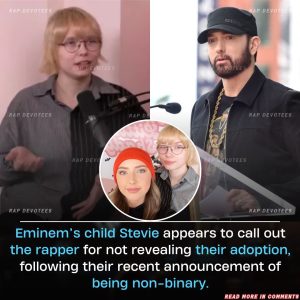In 2005, Tego Calderón, a major figure in reggaetón and an icon of Afro-Latino culture, made a bold decision that surprised many. Puff Daddy, also known as Diddy, approached Calderón with an offer to become a model for his clothing brand, Sean John, specifically targeting the Latino market. Despite the potential financial gain and exposure, Tego Calderón turned down the offer, a choice rooted in his unwavering commitment to social justice and his strong sense of dignity.
Later, in a televised interview, Calderón revealed the reasons behind his decision. “I don’t wear his clothes because I’m worth more than $2,000,” he stated bluntly. But beyond the personal aspect of his value, Tego pointed to a deeper, systemic issue: the exploitation of Latino workers in South America. He denounced the fact that many of these workers were being paid as little as 25 cents per hour to manufacture clothing that was sold for hundreds of dollars, while Puff Daddy continued to amass wealth. This moment exemplified Calderón’s dedication to his principles. Throughout his career, he has consistently used his platform to speak out against inequality, particularly for Afro-Latinos and marginalized communities. His music frequently addresses themes of poverty, injustice, and social disparity, making him not just a musician but a voice for those who are often unheard. By rejecting Puff Daddy’s offer, Tego sent a clear message: his integrity and commitment to his people’s struggles were not for sale.
Later, in a televised interview, Calderón revealed the reasons behind his decision. “I don’t wear his clothes because I’m worth more than $2,000,” he stated bluntly. But beyond the personal aspect of his value, Tego pointed to a deeper, systemic issue: the exploitation of Latino workers in South America. He denounced the fact that many of these workers were being paid as little as 25 cents per hour to manufacture clothing that was sold for hundreds of dollars, while Puff Daddy continued to amass wealth. This moment exemplified Calderón’s dedication to his principles. Throughout his career, he has consistently used his platform to speak out against inequality, particularly for Afro-Latinos and marginalized communities. His music frequently addresses themes of poverty, injustice, and social disparity, making him not just a musician but a voice for those who are often unheard. By rejecting Puff Daddy’s offer, Tego sent a clear message: his integrity and commitment to his people’s struggles were not for sale.





